Online Health & Social Care Training
Autism Awareness

This course will provide you with an understanding of what autism is and how it affects a child’s daily life. It will touch on what factors contribute towards a child developing autism as well as some of the typical behaviours associated with it and how to can provide effective support for those with the condition. It also discusses what happens during the diagnosis process, some of the intervention methods that can help manage the condition and suggests some simple adaptations you can make to improve a child with autism’s day to day life.
Autism Awareness
 This course will provide you with an understanding of what autism is and how it affects a child’s daily life. It will touch on what factors contribute towards a child developing autism as well as some of the typical behaviours associated with it and how to can provide effective support for those with the condition. It also discusses what happens during the diagnosis process, some of the intervention methods that can help manage the condition and suggests some simple adaptations you can make to improve a child with autism’s day to day life.
This course will provide you with an understanding of what autism is and how it affects a child’s daily life. It will touch on what factors contribute towards a child developing autism as well as some of the typical behaviours associated with it and how to can provide effective support for those with the condition. It also discusses what happens during the diagnosis process, some of the intervention methods that can help manage the condition and suggests some simple adaptations you can make to improve a child with autism’s day to day life.
Autism Awareness

This course will provide you with an understanding of what autism is and how it affects a child’s daily life. It will touch on what factors contribute towards a child developing autism as well as some of the typical behaviours associated with it and how to can provide effective support for those with the condition. It also discusses what happens during the diagnosis process, some of the intervention methods that can help manage the condition and suggests some simple adaptations you can make to improve a child with autism’s day to day life.
Basic Fire Safety Awareness for Care Homes
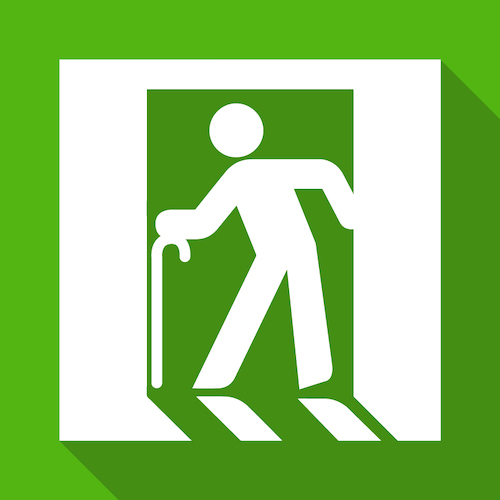
This course explains, in brief, why fires occur and what actions you must take to help prevent them starting and the actions you must take when they do. By completing this course you will be making your workplace a safer environment. This course is a variation on the Basic Fire Awareness course that contains information that is specific to employees of care and residential homes.
Basic Fire Safety Awareness for Care Homes
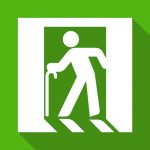 This course explains, in brief, why fires occur and what actions you must take to help prevent them starting and the actions you must take when they do. By completing this course you will be making your workplace a safer environment. This course is a variation on the Basic Fire Awareness course that contains information that is specific to employees of care and residential homes.
This course explains, in brief, why fires occur and what actions you must take to help prevent them starting and the actions you must take when they do. By completing this course you will be making your workplace a safer environment. This course is a variation on the Basic Fire Awareness course that contains information that is specific to employees of care and residential homes.
Basic Fire Safety Awareness for Care Homes

This course explains, in brief, why fires occur and what actions you must take to help prevent them starting and the actions you must take when they do. By completing this course you will be making your workplace a safer environment. This course is a variation on the Basic Fire Awareness course that contains information that is specific to employees of care and residential homes.
Covid-19 Safe Workplaces
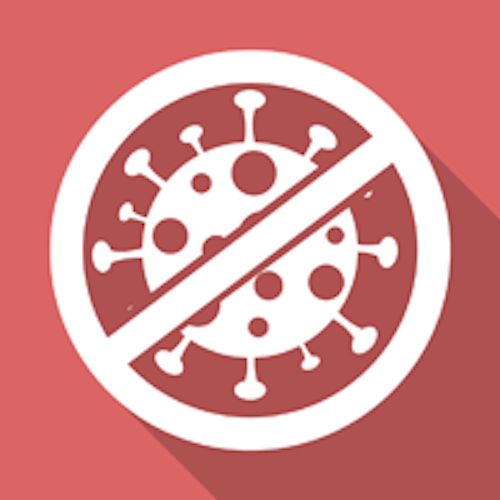
Covid-19 Safe Workplaces
 This course explores the risk to workers caused by the Covid-19 virus and covers actions that can be taken by employers and employees to protect themselves and each other as they return to work. The content of this course is based on the latest information from the UK government and the NHS.
This course explores the risk to workers caused by the Covid-19 virus and covers actions that can be taken by employers and employees to protect themselves and each other as they return to work. The content of this course is based on the latest information from the UK government and the NHS.
Covid-19 Safe Workplaces

Dementia Awareness
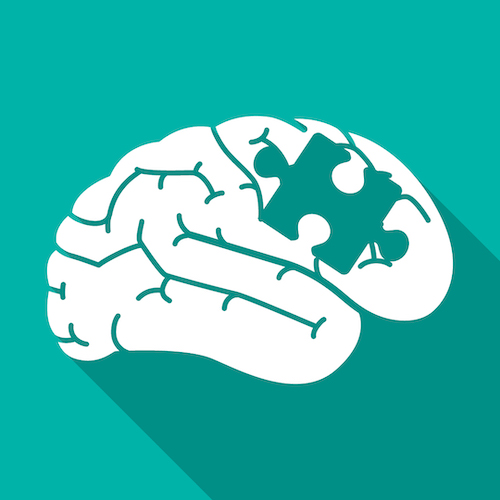
This course is intended to give you an overview of the common types and symptoms of dementia as well as going into how it can affect the brain in different ways. It also covers strategies to use with clients with dementia and dealing with challenging behaviour. The course is intended for anyone who works with or around people that may be living with dementia.
Dementia Awareness
 This course is intended to give you an overview of the common types and symptoms of dementia as well as going into how it can affect the brain in different ways. It also covers strategies to use with clients with dementia and dealing with challenging behaviour. The course is intended for anyone who works with or around people that may be living with dementia.
This course is intended to give you an overview of the common types and symptoms of dementia as well as going into how it can affect the brain in different ways. It also covers strategies to use with clients with dementia and dealing with challenging behaviour. The course is intended for anyone who works with or around people that may be living with dementia.
Dementia Awareness

This course is intended to give you an overview of the common types and symptoms of dementia as well as going into how it can affect the brain in different ways. It also covers strategies to use with clients with dementia and dealing with challenging behaviour. The course is intended for anyone who works with or around people that may be living with dementia.
Diabetes Awareness
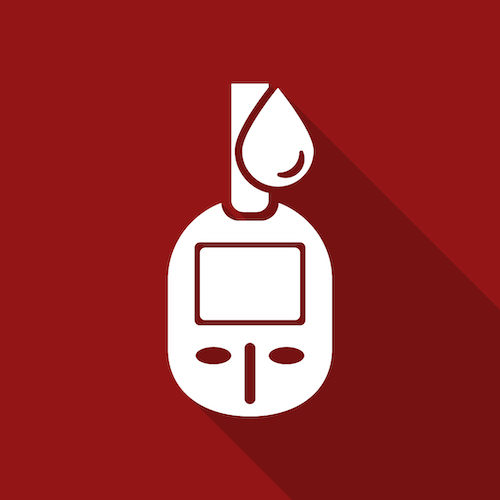
Diabetes is a serious lifelong health condition that occurs when the amount of glucose, or sugar, in the blood is too high. If left untreated, high blood glucose levels can cause serious health complications. This course is aimed at people working in the health and social care sector and will provide an overview of the condition, the common symptoms that might indicate someone has diabetes, methods of diagnosis, some possible treatments and common complications that can affect those with the condition.
Diabetes Awareness
 Diabetes is a serious lifelong health condition that occurs when the amount of glucose, or sugar, in the blood is too high. If left untreated, high blood glucose levels can cause serious health complications. This course is aimed at people working in the health and social care sector and will provide an overview of the condition, the common symptoms that might indicate someone has diabetes, methods of diagnosis, some possible treatments and common complications that can affect those with the condition.
Diabetes is a serious lifelong health condition that occurs when the amount of glucose, or sugar, in the blood is too high. If left untreated, high blood glucose levels can cause serious health complications. This course is aimed at people working in the health and social care sector and will provide an overview of the condition, the common symptoms that might indicate someone has diabetes, methods of diagnosis, some possible treatments and common complications that can affect those with the condition.
Diabetes Awareness

Diabetes is a serious lifelong health condition that occurs when the amount of glucose, or sugar, in the blood is too high. If left untreated, high blood glucose levels can cause serious health complications. This course is aimed at people working in the health and social care sector and will provide an overview of the condition, the common symptoms that might indicate someone has diabetes, methods of diagnosis, some possible treatments and common complications that can affect those with the condition.
Dignity and Privacy

The course will start by defining dignity and privacy within the healthcare sector, and will explain how the two are quite often linked. It will then go on to give you a range of useful professional tips about setting up the right working relationship with your service users, and discuss some of the issues that can arise when dignity and privacy are not respected.
Dignity and Privacy
 The course will start by defining dignity and privacy within the healthcare sector, and will explain how the two are quite often linked. It will then go on to give you a range of useful professional tips about setting up the right working relationship with your service users, and discuss some of the issues that can arise when dignity and privacy are not respected.
The course will start by defining dignity and privacy within the healthcare sector, and will explain how the two are quite often linked. It will then go on to give you a range of useful professional tips about setting up the right working relationship with your service users, and discuss some of the issues that can arise when dignity and privacy are not respected.
Dignity and Privacy

The course will start by defining dignity and privacy within the healthcare sector, and will explain how the two are quite often linked. It will then go on to give you a range of useful professional tips about setting up the right working relationship with your service users, and discuss some of the issues that can arise when dignity and privacy are not respected.
Drug and Alcohol Awareness

This course is aimed at managers and staff in all industries who play a role in reducing drug, alcohol and substance misuse in the UK. This course is aimed at managers and staff in all industries who have a critical role to play in reducing drug, alcohol and substance misuse in the UK.
The course will show you how to introduce a 4-stage plan to deal with any problems – including how to write an effective Drug and Alcohol Policy. Beyond this the course will explore best business practice in terms of HR, legislation, spotting signs of drug misuse and the implementation of workplace solutions.
Drug and Alcohol Awareness
 This course is aimed at managers and staff in all industries who play a role in reducing drug, alcohol and substance misuse in the UK. This course is aimed at managers and staff in all industries who have a critical role to play in reducing drug, alcohol and substance misuse in the UK.
This course is aimed at managers and staff in all industries who play a role in reducing drug, alcohol and substance misuse in the UK. This course is aimed at managers and staff in all industries who have a critical role to play in reducing drug, alcohol and substance misuse in the UK.
The course will show you how to introduce a 4-stage plan to deal with any problems – including how to write an effective Drug and Alcohol Policy. Beyond this the course will explore best business practice in terms of HR, legislation, spotting signs of drug misuse and the implementation of workplace solutions.
Drug and Alcohol Awareness

This course is aimed at managers and staff in all industries who play a role in reducing drug, alcohol and substance misuse in the UK. This course is aimed at managers and staff in all industries who have a critical role to play in reducing drug, alcohol and substance misuse in the UK.
The course will show you how to introduce a 4-stage plan to deal with any problems – including how to write an effective Drug and Alcohol Policy. Beyond this the course will explore best business practice in terms of HR, legislation, spotting signs of drug misuse and the implementation of workplace solutions.
Duty of Care

A duty of care is the requirement that all health and social care professionals, and organisations providing health and care services, must put the interests of service users first. This course will give you an introduction to the concept of duty of care, cover how duty of care affects your work, what to do if you come across a duty of care dilemma and where to go for support or advice along with some practical examples of duty of care situations.
Duty of Care
 A duty of care is the requirement that all health and social care professionals, and organisations providing health and care services, must put the interests of service users first. This course will give you an introduction to the concept of duty of care, cover how duty of care affects your work, what to do if you come across a duty of care dilemma and where to go for support or advice along with some practical examples of duty of care situations.
A duty of care is the requirement that all health and social care professionals, and organisations providing health and care services, must put the interests of service users first. This course will give you an introduction to the concept of duty of care, cover how duty of care affects your work, what to do if you come across a duty of care dilemma and where to go for support or advice along with some practical examples of duty of care situations.
Duty of Care

A duty of care is the requirement that all health and social care professionals, and organisations providing health and care services, must put the interests of service users first. This course will give you an introduction to the concept of duty of care, cover how duty of care affects your work, what to do if you come across a duty of care dilemma and where to go for support or advice along with some practical examples of duty of care situations.
Emergency First Aid at Work – Online Annual Refresher

Emergency First Aid at Work – Online Annual Refresher
 This Emergency First Aid Refresher course will highlight some of the most common situations that you might come across and the actions that you can take to help.
This Emergency First Aid Refresher course will highlight some of the most common situations that you might come across and the actions that you can take to help.
Emergency First Aid at Work – Online Annual Refresher

Epilepsy Awareness
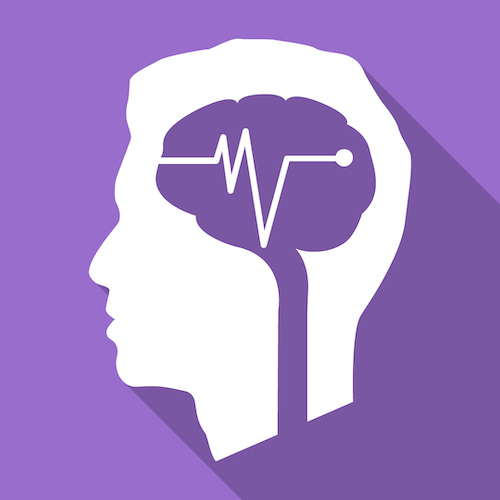
This course will give you an overview of epilepsy. It lists the methods of diagnosis, what a seizure is and how the brain can be affected. It will introduce some possible seizure triggers and describe what to do when someone has a seizure. It will also discuss some of the treatments offered to people with epilepsy and provide practical advice on what you can do if you witness someone having a seizure.
Epilepsy Awareness
 This course will give you an overview of epilepsy. It lists the methods of diagnosis, what a seizure is and how the brain can be affected. It will introduce some possible seizure triggers and describe what to do when someone has a seizure. It will also discuss some of the treatments offered to people with epilepsy and provide practical advice on what you can do if you witness someone having a seizure.
This course will give you an overview of epilepsy. It lists the methods of diagnosis, what a seizure is and how the brain can be affected. It will introduce some possible seizure triggers and describe what to do when someone has a seizure. It will also discuss some of the treatments offered to people with epilepsy and provide practical advice on what you can do if you witness someone having a seizure.
Epilepsy Awareness

This course will give you an overview of epilepsy. It lists the methods of diagnosis, what a seizure is and how the brain can be affected. It will introduce some possible seizure triggers and describe what to do when someone has a seizure. It will also discuss some of the treatments offered to people with epilepsy and provide practical advice on what you can do if you witness someone having a seizure.
Equality, Diversity and Discrimination

Equality, Diversity and Discrimination
 In this course we’re going to be discussing two topics, ‘equality’ and diversity’ and how they relate to one another. Understanding this will help us to identify and address issues of unfairness and discrimination in the workplace.
In this course we’re going to be discussing two topics, ‘equality’ and diversity’ and how they relate to one another. Understanding this will help us to identify and address issues of unfairness and discrimination in the workplace.
Equality, Diversity and Discrimination

Fire Marshal for Care Homes
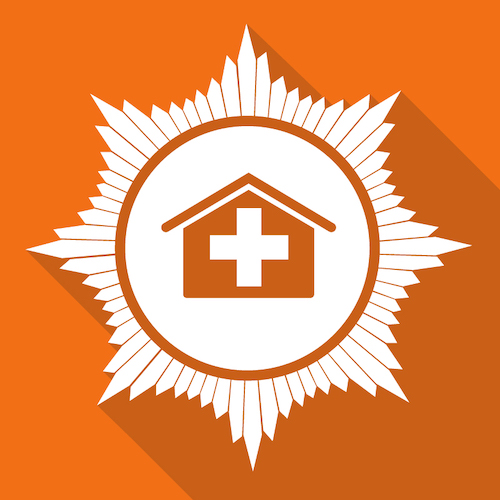
Note: This course requires Adobe Flash Player.
The main outcome of this training course is to provide you with the knowledge to carry out the functions of a fire marshal. – Please note, this course also contains all of the content in the Basic Fire Awareness and Fire Extinguisher courses. This course is a variation on the Fire Marshal course that contains information that is specific to employees of care and residential homes.
Fire Marshal
 Note: This course requires Adobe Flash Player.
Note: This course requires Adobe Flash Player.
The main outcome of this training course is to provide you with the knowledge to carry out the functions of a fire marshal. – Please note, this course also contains all of the content in the Basic Fire Awareness and Fire Extinguisher courses.
Fire Marshal for Care Homes

Note: This course requires Adobe Flash Player.
The main outcome of this training course is to provide you with the knowledge to carry out the functions of a fire marshal. – Please note, this course also contains all of the content in the Basic Fire Awareness and Fire Extinguisher courses. This course is a variation on the Fire Marshal course that contains information that is specific to employees of care and residential homes.
Handling Information in a Care Setting

This course provides an introduction to the concept of handling information in care settings. At the end of the course you will understand the need for secure handling of information and you will know how to access support if you have any questions regarding access to information. The course will cover the important role confidentiality plays in developing trusting relationships with the people in your care and it will define key terms such as ‘need to know’ and ‘consent’.
Handling Information in a Care Setting
 This course provides an introduction to the concept of handling information in care settings. At the end of the course you will understand the need for secure handling of information and you will know how to access support if you have any questions regarding access to information. The course will cover the important role confidentiality plays in developing trusting relationships with the people in your care and it will define key terms such as ‘need to know’ and ‘consent’.
This course provides an introduction to the concept of handling information in care settings. At the end of the course you will understand the need for secure handling of information and you will know how to access support if you have any questions regarding access to information. The course will cover the important role confidentiality plays in developing trusting relationships with the people in your care and it will define key terms such as ‘need to know’ and ‘consent’.
Handling Information in a Care Setting

This course provides an introduction to the concept of handling information in care settings. At the end of the course you will understand the need for secure handling of information and you will know how to access support if you have any questions regarding access to information. The course will cover the important role confidentiality plays in developing trusting relationships with the people in your care and it will define key terms such as ‘need to know’ and ‘consent’.
Health and Safety in a Care Setting

Care homes are owned and managed by a wide range of organisations, including local authorities, the NHS, and organisations from the private and voluntary sectors.They differ from other workplaces because they are not only places of work; they are also homes for their residents.They should be places where the dignity and freedom of the residents is respected, and where everyone’s health and safety is managed effectively. To achieve this, everyone involved must understand their responsibilities.
Health and Safety in a Care Setting
 Care homes are owned and managed by a wide range of organisations, including local authorities, the NHS, and organisations from the private and voluntary sectors.They differ from other workplaces because they are not only places of work; they are also homes for their residents.They should be places where the dignity and freedom of the residents is respected, and where everyone’s health and safety is managed effectively. To achieve this, everyone involved must understand their responsibilities.
Care homes are owned and managed by a wide range of organisations, including local authorities, the NHS, and organisations from the private and voluntary sectors.They differ from other workplaces because they are not only places of work; they are also homes for their residents.They should be places where the dignity and freedom of the residents is respected, and where everyone’s health and safety is managed effectively. To achieve this, everyone involved must understand their responsibilities.
Health and Safety in a Care Setting

Care homes are owned and managed by a wide range of organisations, including local authorities, the NHS, and organisations from the private and voluntary sectors.They differ from other workplaces because they are not only places of work; they are also homes for their residents.They should be places where the dignity and freedom of the residents is respected, and where everyone’s health and safety is managed effectively. To achieve this, everyone involved must understand their responsibilities.
Infection Control

This course will start by defining infection prevention and control and explaining the impact of good and bad infection control. It then goes into detail about the legislation that applies to infection control, the different types of microorganisms, how bacteria are transmitted, the chain of infection, and much more…
Infection Control
 This course will start by defining infection prevention and control and explaining the impact of good and bad infection control. It then goes into detail about the legislation that applies to infection control, the different types of microorganisms, how bacteria are transmitted, the chain of infection, and much more…
This course will start by defining infection prevention and control and explaining the impact of good and bad infection control. It then goes into detail about the legislation that applies to infection control, the different types of microorganisms, how bacteria are transmitted, the chain of infection, and much more…
Infection Control

This course will start by defining infection prevention and control and explaining the impact of good and bad infection control. It then goes into detail about the legislation that applies to infection control, the different types of microorganisms, how bacteria are transmitted, the chain of infection, and much more…
Introduction to Early Years Foundation Stage

This course aims to provide a gentle introduction to the expectations of the Early Years Foundation Stage and it can also act as a refresher for those wanting to update their knowledge. It will introduce you to some of the key documents and legislation that relate to Early Years providers, the process for registering with Ofsted and the various policies and procedures that need to be in place. It also covers learning and development requirements, how to observe and assess the progress of children in your care and the safeguarding and welfare requirements laid out in the EYFS Framework.
Introduction to Early Years Foundation Stage
 This course aims to provide a gentle introduction to the expectations of the Early Years Foundation Stage and it can also act as a refresher for those wanting to update their knowledge. It will introduce you to some of the key documents and legislation that relate to Early Years providers, the process for registering with Ofsted and the various policies and procedures that need to be in place. It also covers learning and development requirements, how to observe and assess the progress of children in your care and the safeguarding and welfare requirements laid out in the EYFS Framework.
This course aims to provide a gentle introduction to the expectations of the Early Years Foundation Stage and it can also act as a refresher for those wanting to update their knowledge. It will introduce you to some of the key documents and legislation that relate to Early Years providers, the process for registering with Ofsted and the various policies and procedures that need to be in place. It also covers learning and development requirements, how to observe and assess the progress of children in your care and the safeguarding and welfare requirements laid out in the EYFS Framework.
Introduction to Early Years Foundation Stage

This course aims to provide a gentle introduction to the expectations of the Early Years Foundation Stage and it can also act as a refresher for those wanting to update their knowledge. It will introduce you to some of the key documents and legislation that relate to Early Years providers, the process for registering with Ofsted and the various policies and procedures that need to be in place. It also covers learning and development requirements, how to observe and assess the progress of children in your care and the safeguarding and welfare requirements laid out in the EYFS Framework.
Introduction to the Safe Handling of Medicines

This Introduction to the Safe Handling of Medicines course will start by explaining the key terminology used when handling medicines. It then goes into detail about the roles of the people involved, some of the different groups of medicines, providing different levels of support to patients, infection control, label interpretation and much more…
Introduction to the Safe Handling of Medicines
 This Introduction to the Safe Handling of Medicines course will start by explaining the key terminology used when handling medicines. It then goes into detail about the roles of the people involved, some of the different groups of medicines, providing different levels of support to patients, infection control, label interpretation and much more…
This Introduction to the Safe Handling of Medicines course will start by explaining the key terminology used when handling medicines. It then goes into detail about the roles of the people involved, some of the different groups of medicines, providing different levels of support to patients, infection control, label interpretation and much more…
Introduction to the Safe Handling of Medicines

This Introduction to the Safe Handling of Medicines course will start by explaining the key terminology used when handling medicines. It then goes into detail about the roles of the people involved, some of the different groups of medicines, providing different levels of support to patients, infection control, label interpretation and much more…
Learning Disability Awareness

This course will start by giving you an overview of some of the common types and causes of learning disabilities and how they affect people. It will touch on how a person centred approach to care will get the best results and look at how management must perform, and at the needs of the individual. I will also discuss overcoming the stigma attached to learning disabilities and much more.
Learning Disability Awareness
 This course will start by giving you an overview of some of the common types and causes of learning disabilities and how they affect people. It will touch on how a person centred approach to care will get the best results and look at how management must perform, and at the needs of the individual. I will also discuss overcoming the stigma attached to learning disabilities and much more.
This course will start by giving you an overview of some of the common types and causes of learning disabilities and how they affect people. It will touch on how a person centred approach to care will get the best results and look at how management must perform, and at the needs of the individual. I will also discuss overcoming the stigma attached to learning disabilities and much more.
Learning Disability Awareness

This course will start by giving you an overview of some of the common types and causes of learning disabilities and how they affect people. It will touch on how a person centred approach to care will get the best results and look at how management must perform, and at the needs of the individual. I will also discuss overcoming the stigma attached to learning disabilities and much more.
Managing Occupational Health and Wellbeing
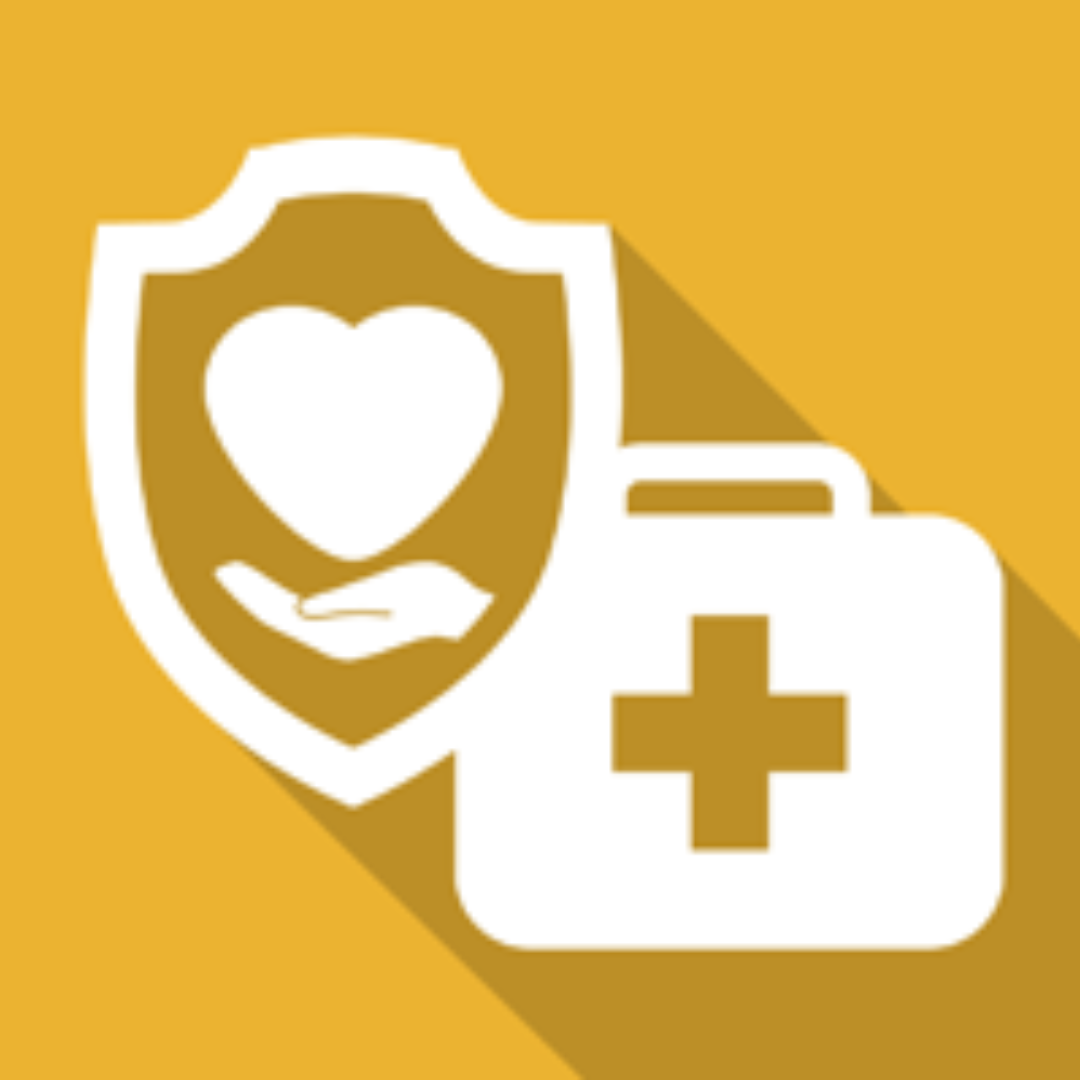
Managing Occupational Health and Wellbeing
 This course explains the key elements, procedures and activities involved in successful Occupational Health and Safety Management in the workplace. The course show how professional Occupational Health and Safety Management benefits individuals and organisations.
This course explains the key elements, procedures and activities involved in successful Occupational Health and Safety Management in the workplace. The course show how professional Occupational Health and Safety Management benefits individuals and organisations.
Managing Occupational Health and Wellbeing

Mental Capacity Act and Deprivation Of Liberty Safeguards
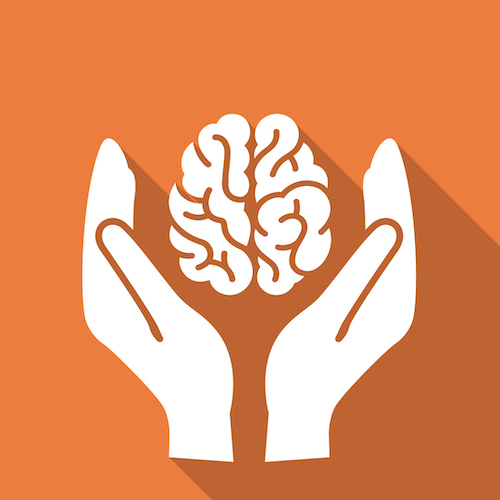
This course describes in detail the many facets and procedures of the Mental Capacity Act. This includes who the act affects, when it applies, how to assess capacity and the procedures that can be put in place in the home or workplace to ensure best practices are followed and people are treated fairly at all times.
Mental Capacity Act and Deprivation Of Liberty Safeguards
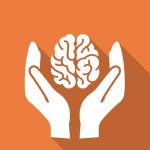 This course describes in detail the many facets and procedures of the Mental Capacity Act. This includes who the act affects, when it applies, how to assess capacity and the procedures that can be put in place in the home or workplace to ensure best practices are followed and people are treated fairly at all times.
This course describes in detail the many facets and procedures of the Mental Capacity Act. This includes who the act affects, when it applies, how to assess capacity and the procedures that can be put in place in the home or workplace to ensure best practices are followed and people are treated fairly at all times.
Mental Capacity Act and Deprivation Of Liberty Safeguards

This course describes in detail the many facets and procedures of the Mental Capacity Act. This includes who the act affects, when it applies, how to assess capacity and the procedures that can be put in place in the home or workplace to ensure best practices are followed and people are treated fairly at all times.
Mental Health Awareness
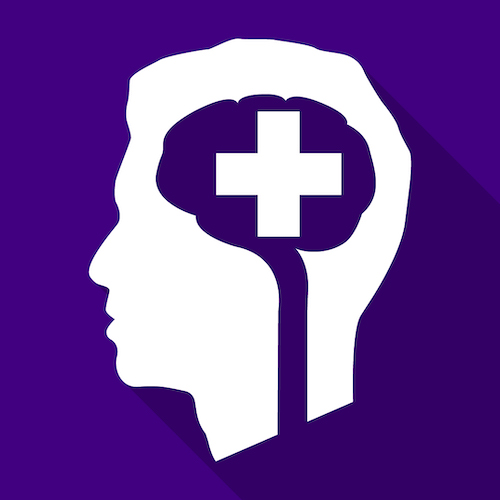
This course explains the difference between mental health and mental illness. It covers the symptoms of a number of the most common mental illnesses so you will know what to look out for or what to expect if you are working with someone with one of these conditions. As well as providing some practical advice on how you can work effectively with those affected by these conditions.
Mental Health Awareness
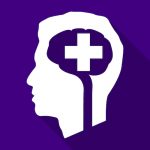 This course explains the difference between mental health and mental illness. It covers the symptoms of a number of the most common mental illnesses so you will know what to look out for or what to expect if you are working with someone with one of these conditions. As well as providing some practical advice on how you can work effectively with those affected by these conditions.
This course explains the difference between mental health and mental illness. It covers the symptoms of a number of the most common mental illnesses so you will know what to look out for or what to expect if you are working with someone with one of these conditions. As well as providing some practical advice on how you can work effectively with those affected by these conditions.
Mental Health Awareness

This course explains the difference between mental health and mental illness. It covers the symptoms of a number of the most common mental illnesses so you will know what to look out for or what to expect if you are working with someone with one of these conditions. As well as providing some practical advice on how you can work effectively with those affected by these conditions.
Mental Health First Aid
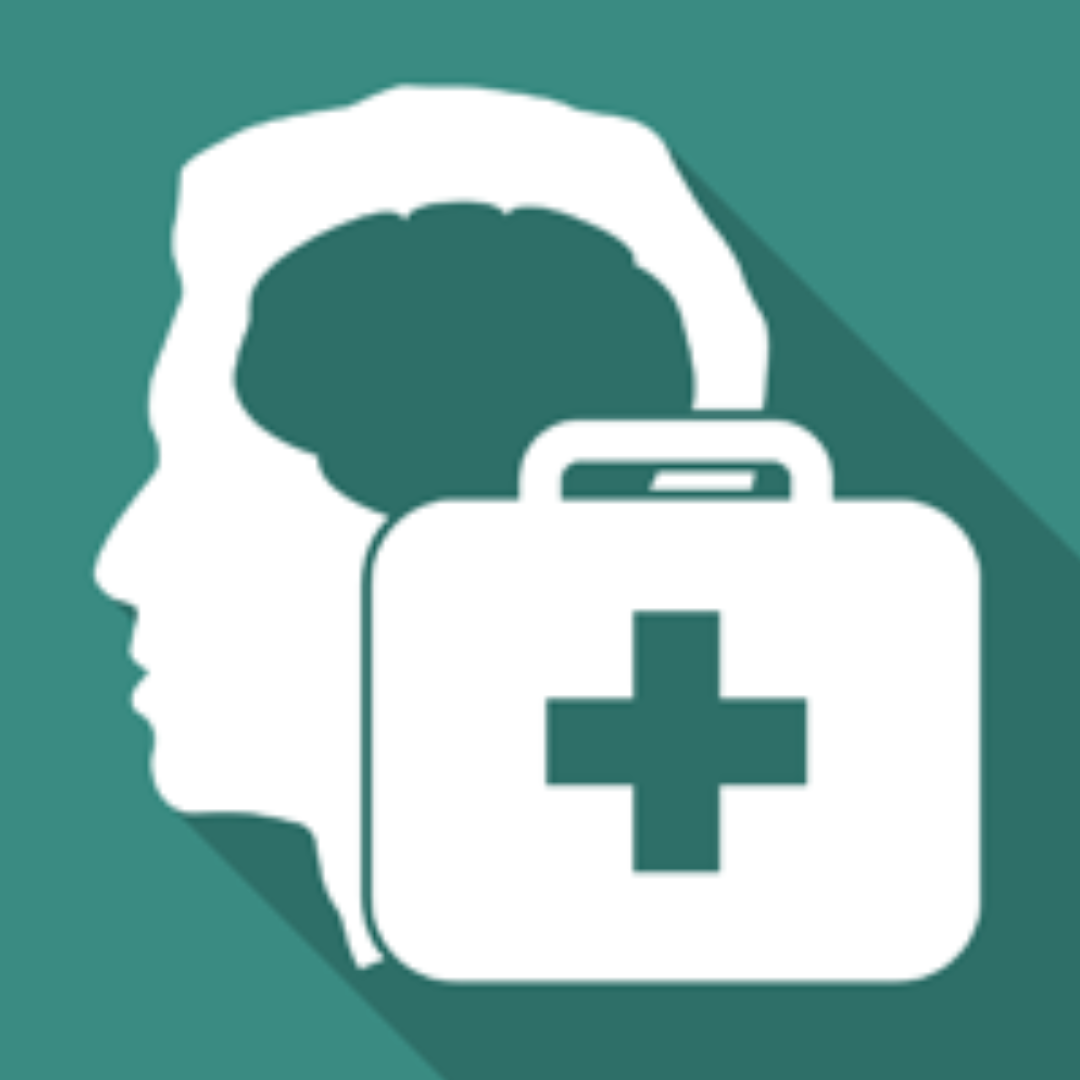
Mental Health First Aid teaches participants how to notice and support individuals who may be experiencing mental health issues or exhibiting the signs of substance use in a work environment. They are also taught how to connect those people with appropriate help from fellow employees, community resources or healthcare professionals.
Mental Health First Aid
 Mental Health First Aid teaches participants how to notice and support individuals who may be experiencing mental health issues or exhibiting the signs of substance use in a work environment. They are also taught how to connect those people with appropriate help from fellow employees, community resources or healthcare professionals.
Mental Health First Aid teaches participants how to notice and support individuals who may be experiencing mental health issues or exhibiting the signs of substance use in a work environment. They are also taught how to connect those people with appropriate help from fellow employees, community resources or healthcare professionals.
Mental Health First Aid

Mental Health First Aid teaches participants how to notice and support individuals who may be experiencing mental health issues or exhibiting the signs of substance use in a work environment. They are also taught how to connect those people with appropriate help from fellow employees, community resources or healthcare professionals.
Nutrition and Hydration

This course will start by defining the various terms used when talking about nutrition and hydration in care environments, the basic elements of nutrition and eating a healthy balanced diet, identify the reasons why vulnerable people might suffer with dehydration and the tools you can use to identify people that are at risk of malnutrition and the steps you can take to deal with this condition.
Nutrition and Hydration
 This course will start by defining the various terms used when talking about nutrition and hydration in care environments, the basic elements of nutrition and eating a healthy balanced diet, identify the reasons why vulnerable people might suffer with dehydration and the tools you can use to identify people that are at risk of malnutrition and the steps you can take to deal with this condition.
This course will start by defining the various terms used when talking about nutrition and hydration in care environments, the basic elements of nutrition and eating a healthy balanced diet, identify the reasons why vulnerable people might suffer with dehydration and the tools you can use to identify people that are at risk of malnutrition and the steps you can take to deal with this condition.
Nutrition and Hydration

This course will start by defining the various terms used when talking about nutrition and hydration in care environments, the basic elements of nutrition and eating a healthy balanced diet, identify the reasons why vulnerable people might suffer with dehydration and the tools you can use to identify people that are at risk of malnutrition and the steps you can take to deal with this condition.
Paediatric First Aid

The aim of this course is to equip you with the theoretical knowledge, skills and confidence you need to deal with paediatric first aid situations. It covers all of the key topics including: emergency planning, assessing a situation, basic Life Support, CPR, shock, fractures, bleeding and a range of other minor illness and injuries. Please be aware that having a theoretical knowledge on its own is not enough to be considered competent in paediatric first aid and practical demonstration in some areas is required to complete this training. Please contact us to arrange this.
Paediatric First Aid
 The aim of this course is to equip you with the theoretical knowledge, skills and confidence you need to deal with paediatric first aid situations. It covers all of the key topics including: emergency planning, assessing a situation, basic Life Support, CPR, shock, fractures, bleeding and a range of other minor illness and injuries. Please be aware that having a theoretical knowledge on its own is not enough to be considered competent in paediatric first aid and practical demonstration in some areas is required to complete this training. Please contact us to arrange this.
The aim of this course is to equip you with the theoretical knowledge, skills and confidence you need to deal with paediatric first aid situations. It covers all of the key topics including: emergency planning, assessing a situation, basic Life Support, CPR, shock, fractures, bleeding and a range of other minor illness and injuries. Please be aware that having a theoretical knowledge on its own is not enough to be considered competent in paediatric first aid and practical demonstration in some areas is required to complete this training. Please contact us to arrange this.
Paediatric First Aid

The aim of this course is to equip you with the theoretical knowledge, skills and confidence you need to deal with paediatric first aid situations. It covers all of the key topics including: emergency planning, assessing a situation, basic Life Support, CPR, shock, fractures, bleeding and a range of other minor illness and injuries. Please be aware that having a theoretical knowledge on its own is not enough to be considered competent in paediatric first aid and practical demonstration in some areas is required to complete this training. Please contact us to arrange this.
Person-Centred Care

This course will give you an understanding of person centred approaches for care and support, and how to implement a person-centred approach in an adult social care setting. It starts by explaining what we mean by person centred care and where this term originated. It then goes on to analyse the values represented by person centred care and explains why care should be as much as possible tailored to each service user. Finally it will give you an overview of care plans, daily reports, the importance of obtaining consent and much more.
Person-Centred Care
 This course will give you an understanding of person centred approaches for care and support, and how to implement a person-centred approach in an adult social care setting. It starts by explaining what we mean by person centred care and where this term originated. It then goes on to analyse the values represented by person centred care and explains why care should be as much as possible tailored to each service user. Finally it will give you an overview of care plans, daily reports, the importance of obtaining consent and much more.
This course will give you an understanding of person centred approaches for care and support, and how to implement a person-centred approach in an adult social care setting. It starts by explaining what we mean by person centred care and where this term originated. It then goes on to analyse the values represented by person centred care and explains why care should be as much as possible tailored to each service user. Finally it will give you an overview of care plans, daily reports, the importance of obtaining consent and much more.
Person-Centred Care

This course will give you an understanding of person centred approaches for care and support, and how to implement a person-centred approach in an adult social care setting. It starts by explaining what we mean by person centred care and where this term originated. It then goes on to analyse the values represented by person centred care and explains why care should be as much as possible tailored to each service user. Finally it will give you an overview of care plans, daily reports, the importance of obtaining consent and much more.
Positive Handling in Schools

This course will start by looking at some examples and statistics which highlight the seriousness and extent of aggressive pupil behaviour, it will then go on to explain how you can identify the stages of aggression and provide some tips on how you could de-escalate a pupil before they lash out. It also looks at where the law stands on this subject and finally best practice in theory if you ever do need to restrain a pupil.
Positive Handling in Schools
 This course will start by looking at some examples and statistics which highlight the seriousness and extent of aggressive pupil behaviour, it will then go on to explain how you can identify the stages of aggression and provide some tips on how you could de-escalate a pupil before they lash out. It also looks at where the law stands on this subject and finally best practice in theory if you ever do need to restrain a pupil.
This course will start by looking at some examples and statistics which highlight the seriousness and extent of aggressive pupil behaviour, it will then go on to explain how you can identify the stages of aggression and provide some tips on how you could de-escalate a pupil before they lash out. It also looks at where the law stands on this subject and finally best practice in theory if you ever do need to restrain a pupil.
Positive Handling in Schools

This course will start by looking at some examples and statistics which highlight the seriousness and extent of aggressive pupil behaviour, it will then go on to explain how you can identify the stages of aggression and provide some tips on how you could de-escalate a pupil before they lash out. It also looks at where the law stands on this subject and finally best practice in theory if you ever do need to restrain a pupil.
Prevent Duty

Prevent Duty
 This course starts with an overview of the Government’s Prevent strategy, and then looks at some of the reasons people become extremists. It goes on to cover the objectives of the Prevent strategy, how to base your actions on a risk based approach, what to do if you are concerned and much more.
This course starts with an overview of the Government’s Prevent strategy, and then looks at some of the reasons people become extremists. It goes on to cover the objectives of the Prevent strategy, how to base your actions on a risk based approach, what to do if you are concerned and much more.
Prevent Duty

Principles of Communication
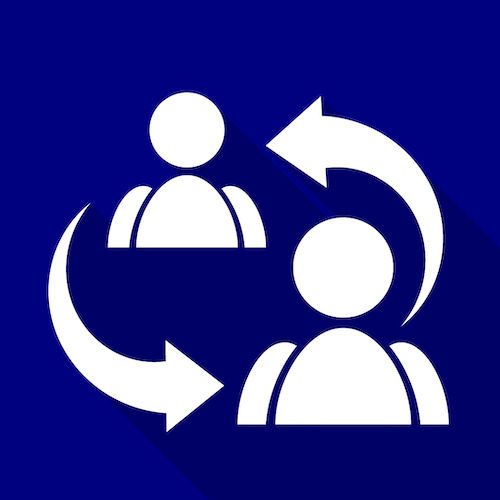
Principles of Communication
 This course covers some of the different ways of communication, how to identify barriers to communication and how to reduce these, making sure the person you are communicating with understands what you are communicating, how to get help with communication issues and much more.
This course covers some of the different ways of communication, how to identify barriers to communication and how to reduce these, making sure the person you are communicating with understands what you are communicating, how to get help with communication issues and much more.
Principles of Communication

Safeguarding Adults

This course is aimed at anyone who has a duty of care for, or comes into contact with, adults in need of care and support, either as a paid professional or a volunteer. You and the organisation you work for must take appropriate measures for the protection of adults in your care, while still ensuring they are supported and empowered. This course can bring you one step closer to being able to do this.
Safeguarding Adults
 This course is aimed at anyone who has a duty of care for, or comes into contact with, adults in need of care and support, either as a paid professional or a volunteer. You and the organisation you work for must take appropriate measures for the protection of adults in your care, while still ensuring they are supported and empowered. This course can bring you one step closer to being able to do this.
This course is aimed at anyone who has a duty of care for, or comes into contact with, adults in need of care and support, either as a paid professional or a volunteer. You and the organisation you work for must take appropriate measures for the protection of adults in your care, while still ensuring they are supported and empowered. This course can bring you one step closer to being able to do this.
Safeguarding Adults

This course is aimed at anyone who has a duty of care for, or comes into contact with, adults in need of care and support, either as a paid professional or a volunteer. You and the organisation you work for must take appropriate measures for the protection of adults in your care, while still ensuring they are supported and empowered. This course can bring you one step closer to being able to do this.
Safeguarding Children

Safeguarding is a term that describes the work and processes undertaken to minimise and manage the risks involved to vulnerable children. During this training video you will hear many facts, figures and details surrounding the risk to children, the types of abuse suffered, how to recognise the signs of abuse and key safeguarding legislations put in place to minimise the abuse of children.
Safeguarding Children
 Safeguarding is a term that describes the work and processes undertaken to minimise and manage the risks involved to vulnerable children. During this training video you will hear many facts, figures and details surrounding the risk to children, the types of abuse suffered, how to recognise the signs of abuse and key safeguarding legislations put in place to minimise the abuse of children.
Safeguarding is a term that describes the work and processes undertaken to minimise and manage the risks involved to vulnerable children. During this training video you will hear many facts, figures and details surrounding the risk to children, the types of abuse suffered, how to recognise the signs of abuse and key safeguarding legislations put in place to minimise the abuse of children.
Safeguarding Children

Safeguarding is a term that describes the work and processes undertaken to minimise and manage the risks involved to vulnerable children. During this training video you will hear many facts, figures and details surrounding the risk to children, the types of abuse suffered, how to recognise the signs of abuse and key safeguarding legislations put in place to minimise the abuse of children.
Sharps Awareness

There is a common misconception that sharps injuries are only of concern to medical and care staff. However it is not uncommon for people in other industries such as waste disposal to come into contact with used sharps. In this course we’ll start by looking at some statistics relating to discarded needles, then define ‘sharps’ and look at the different types that can be found in ‘sharps litter’, ranging from needles, syringes and scalpel blades to broken glass, knives, scissors and nails.
Sharps Awareness
 There is a common misconception that sharps injuries are only of concern to medical and care staff. However it is not uncommon for people in other industries such as waste disposal to come into contact with used sharps. In this course we’ll start by looking at some statistics relating to discarded needles, then define ‘sharps’ and look at the different types that can be found in ‘sharps litter’, ranging from needles, syringes and scalpel blades to broken glass, knives, scissors and nails.
There is a common misconception that sharps injuries are only of concern to medical and care staff. However it is not uncommon for people in other industries such as waste disposal to come into contact with used sharps. In this course we’ll start by looking at some statistics relating to discarded needles, then define ‘sharps’ and look at the different types that can be found in ‘sharps litter’, ranging from needles, syringes and scalpel blades to broken glass, knives, scissors and nails.
Sharps Awareness

There is a common misconception that sharps injuries are only of concern to medical and care staff. However it is not uncommon for people in other industries such as waste disposal to come into contact with used sharps. In this course we’ll start by looking at some statistics relating to discarded needles, then define ‘sharps’ and look at the different types that can be found in ‘sharps litter’, ranging from needles, syringes and scalpel blades to broken glass, knives, scissors and nails.
Stroke Awareness
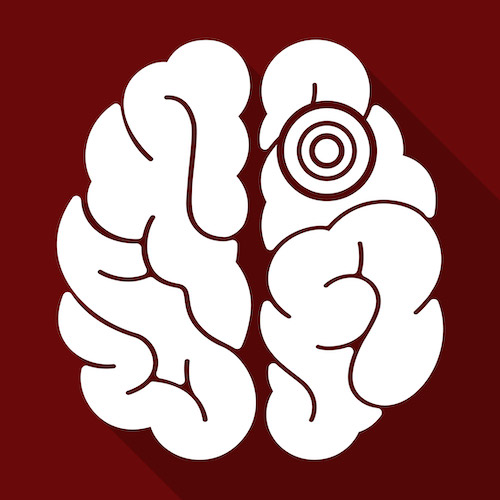
Strokes are the fourth single leading cause of death in the UK, as well as a leading cause of disability. Being aware of the causes and symptoms will help you act fast in a situation where you suspect someone is having a stroke and provide them with the best chance of receiving the treatment they need and minimising the long term impact of the condition. This course will cover the types of strokes, the symptoms, and risk factors. It will also cover the treatment options and the longer term impact of the condition.
Stroke Awareness
 Strokes are the fourth single leading cause of death in the UK, as well as a leading cause of disability. Being aware of the causes and symptoms will help you act fast in a situation where you suspect someone is having a stroke and provide them with the best chance of receiving the treatment they need and minimising the long term impact of the condition. This course will cover the types of strokes, the symptoms, and risk factors. It will also cover the treatment options and the longer term impact of the condition.
Strokes are the fourth single leading cause of death in the UK, as well as a leading cause of disability. Being aware of the causes and symptoms will help you act fast in a situation where you suspect someone is having a stroke and provide them with the best chance of receiving the treatment they need and minimising the long term impact of the condition. This course will cover the types of strokes, the symptoms, and risk factors. It will also cover the treatment options and the longer term impact of the condition.
Stroke Awareness

Strokes are the fourth single leading cause of death in the UK, as well as a leading cause of disability. Being aware of the causes and symptoms will help you act fast in a situation where you suspect someone is having a stroke and provide them with the best chance of receiving the treatment they need and minimising the long term impact of the condition. This course will cover the types of strokes, the symptoms, and risk factors. It will also cover the treatment options and the longer term impact of the condition.
Understanding your Role in Care
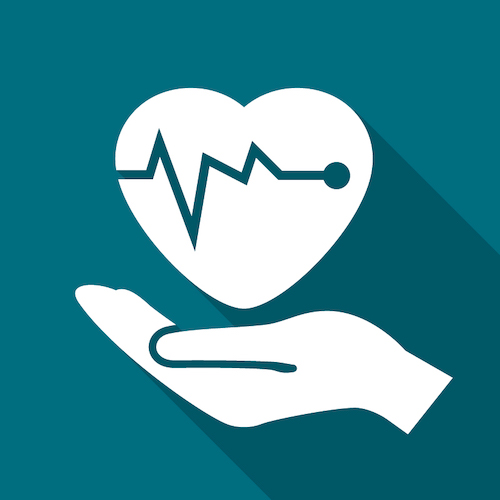
This course will define social care and talk about why people choose it as a career and what its goals and objectives are. It will also cover job descriptions, person centred care, understanding code of practices and the basics of government legislation. Finally it will touch on dealing with conflicts at work.
Understanding your Role in Care
 This course will define social care and talk about why people choose it as a career and what its goals and objectives are. It will also cover job descriptions, person centred care, understanding code of practices and the basics of government legislation. Finally it will touch on dealing with conflicts at work.
This course will define social care and talk about why people choose it as a career and what its goals and objectives are. It will also cover job descriptions, person centred care, understanding code of practices and the basics of government legislation. Finally it will touch on dealing with conflicts at work.
Understanding your Role in Care

This course will define social care and talk about why people choose it as a career and what its goals and objectives are. It will also cover job descriptions, person centred care, understanding code of practices and the basics of government legislation. Finally it will touch on dealing with conflicts at work.
Your Personal Development

The course will start by looking at the way standards are set, monitored and regulated for social care organisations and workers throughout the UK. It then goes on to cover the codes of practice and legislation, reflecting on your work to ensure continued improvement, communication, feedback and much more.
Your Personal Development
 The course will start by looking at the way standards are set, monitored and regulated for social care organisations and workers throughout the UK. It then goes on to cover the codes of practice and legislation, reflecting on your work to ensure continued improvement, communication, feedback and much more.
The course will start by looking at the way standards are set, monitored and regulated for social care organisations and workers throughout the UK. It then goes on to cover the codes of practice and legislation, reflecting on your work to ensure continued improvement, communication, feedback and much more.
Your Personal Development

The course will start by looking at the way standards are set, monitored and regulated for social care organisations and workers throughout the UK. It then goes on to cover the codes of practice and legislation, reflecting on your work to ensure continued improvement, communication, feedback and much more.
*The course duration is based on the amount of video content shown and is rounded off. It does not account in any way for loading time or thinking time on the questions



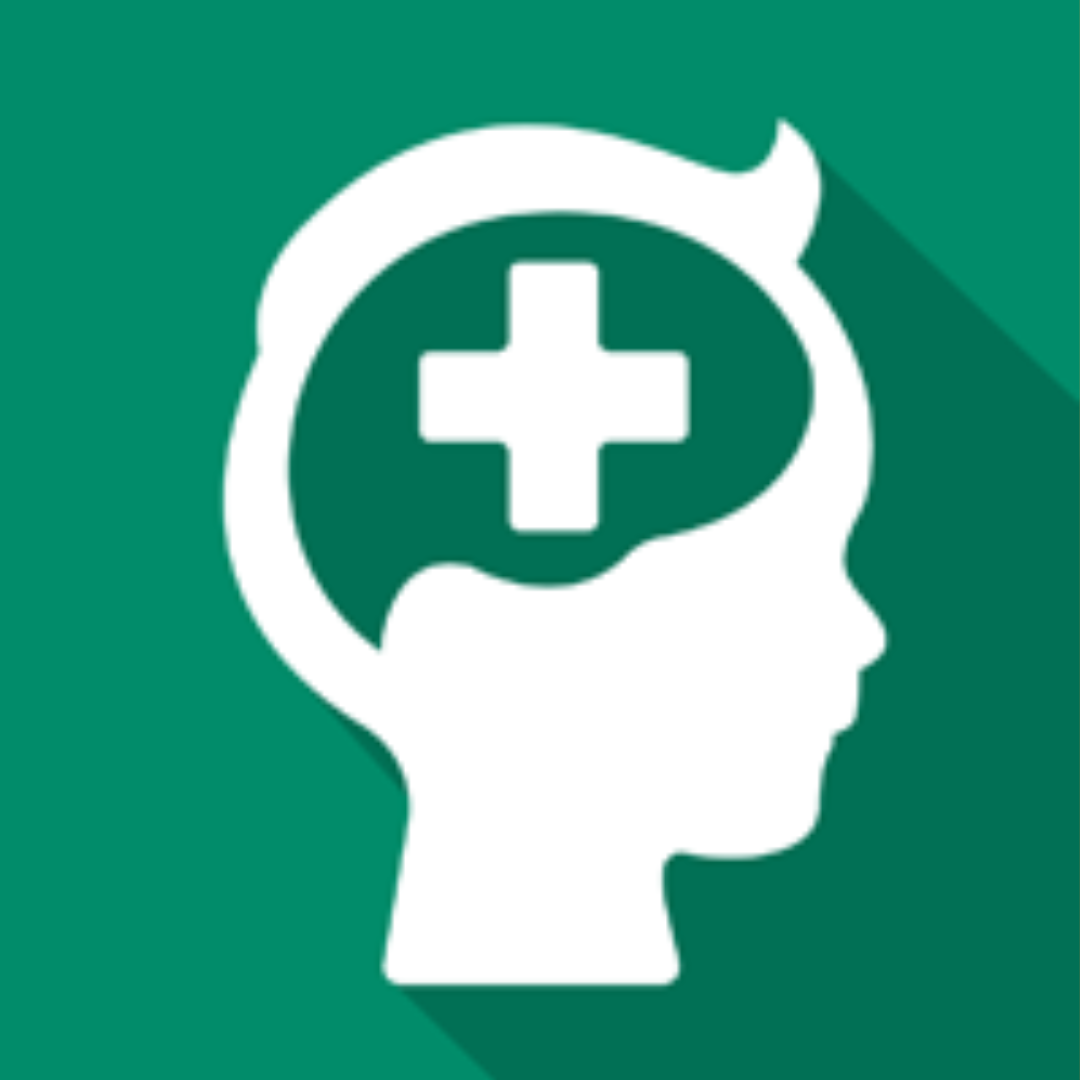


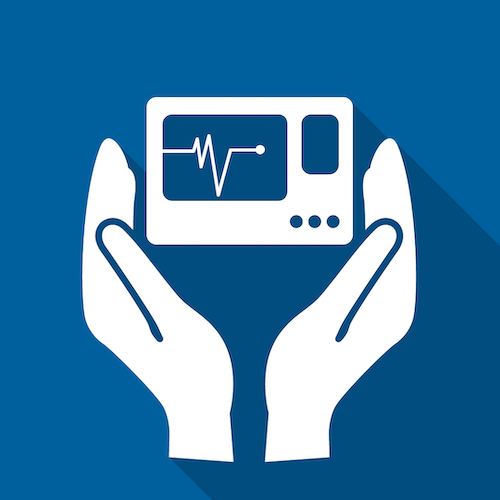
 This course will provide you with information about what to expect, how to handle some of the emotions associated with this time, and working with the other professionals involved in end of life care.
This course will provide you with information about what to expect, how to handle some of the emotions associated with this time, and working with the other professionals involved in end of life care.